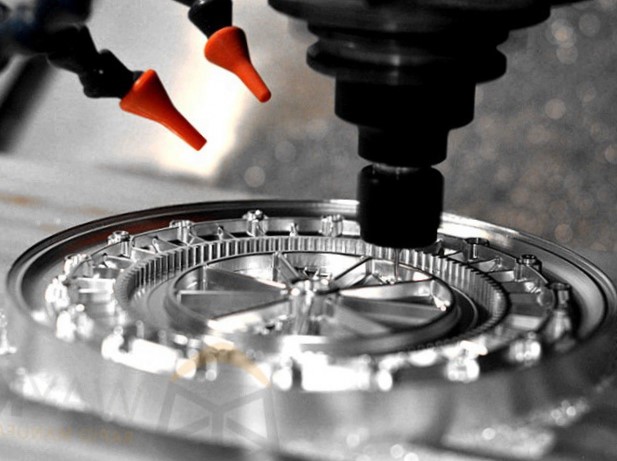CNC machining is a highly advanced manufacturing process that has revolutionized the production of precision-crafted parts across various industries. At its core, CNC machining uses computer numerical control to operate machine tools such as mills, lathes, routers, and grinders. This technology allows for unparalleled accuracy and repeatability, ensuring that each component meets stringent industry specifications with exceptional consistency. The process begins with a digital design, often created through CAD computer-aided design software, which is then translated into a set of instructions that the CNC machine follows to shape raw materials into precise parts. One of the key advantages of CNC machining is its ability to produce complex geometries and intricate details that would be difficult or impossible to achieve with manual machining. The precision of the machine ensures tight tolerances, often within microns, which is critical for industries such as aerospace, automotive, medical devices, and electronics where even the smallest deviation can lead to component failure or compromised performance.

The reliability of CNC precision machined parts suppliers means that parts are consistent from the first piece to the last, reducing waste and lowering the risk of errors in assembly or operation. Material versatility is another significant benefit of CNC machining. It can work with a wide range of materials including metals such as aluminum, steel, titanium, and brass, as well as plastics, composites, and even exotic alloys. This flexibility allows manufacturers to select the ideal material that best meets the mechanical, thermal, and chemical requirements of the final product. The ability to handle different materials without sacrificing precision makes CNC machining an essential method in custom manufacturing and prototyping. Furthermore, CNC machining supports high production efficiency. Once a program is created and tested, it can be used to produce identical parts repeatedly with minimal manual intervention. This automation accelerates production timelines, reduces labor costs, and enables scalability. Even for small batch runs, CNC machining offers quick turnaround times while maintaining high quality standards, making it an attractive choice for industries that require both speed and precision.
The integration of CNC machines with advanced software and monitoring systems enhances the capability to control the manufacturing environment closely. Operators can track tool wear, monitor machine performance, and adjust parameters in real-time to optimize output. This level of control ensures that parts consistently meet the required specifications, minimizing downtime and preventing defects. Additionally, CNC machining can incorporate multi-axis operations, enabling the creation of highly complex shapes in a single setup, which further improves accuracy and reduces production costs. In addition to precision and efficiency, CNC machining contributes to sustainability in manufacturing by minimizing material waste. The computer-controlled process optimizes cutting paths and machining strategies to use raw materials efficiently. This reduces scrap and lowers the environmental impact associated with manufacturing processes. Uneed have delivering high-quality parts right the first time, CNC machining also reduces the need for rework or replacement, contributing to resource conservation. Overall, CNC machining stands out as a cornerstone of modern manufacturing, delivering parts that meet or exceed stringent industry specifications.
